Planning for financial independence involves more than just managing investments and savings; it requires careful consideration of healthcare costs and strategies to ensure comprehensive coverage. As you strive for financial freedom, understanding the nuances of retirement healthcare planning and financial independence is essential. In this article, we’ll explore the crucial healthcare considerations and strategies for integrating healthcare planning into your financial independence journey.
Retirement Healthcare Planning and Financial Independence
If you’re striving to achieve financial independence, it’s critical not to overlook planning ahead for your future healthcare needs. Here are a few reasons why this type of planning is integral:
A. Rising Healthcare Costs
Healthcare expenses tend to increase with age, even if you’re taking good care of yourself. Accounting for potential healthcare inflation is crucial when planning for financial independence. Recent data indicates that the average retired couple will spend about $315,000 on healthcare costs in their golden years.
B. Coverage Gaps in Retirement
Medicare, while a vital component of healthcare in retirement, doesn’t cover all medical expenses. Understanding these gaps is essential for adequate planning so you’re not caught unprepared.
Retirement Healthcare Planning: Assessing Your Needs
None of us can see into the future, so there’s no way to know with precision what type of care you’ll need as you age. However, you can use the information available to you to make an educated guess:
A. Health Assessment
Evaluate current health status and potential future needs. Consider factors like pre-existing conditions, anticipated medical procedures, and prescription medications you’re already taking.
B. Long-Term Care Consideration
Assess the need for long-term care insurance or other strategies to cover potential extended healthcare costs, such as nursing home care or home health aides. According to the U.S. Department of Health and Human Services, nearly 70% of Americans will require long-term care at some point, so don’t dismiss the need to plan for this potential scenario.
Retirement Healthcare Planning: Understanding Medicare
Once you’re 65, you can rely on Medicare to cover a variety of healthcare costs. However, this federal program can be difficult to navigate, and there are a few things you should be aware of:
A. Enrollment and Coverage
Familiarize yourself with Medicare enrollment timelines and the coverage provided by different parts of Medicare—Part A, B, C (Advantage Plans), and D (Prescription Drug Coverage). There is no one-size-fits-all approach to Medicare, so review your options carefully.
B. Medicare Coverage Gaps
Recognize Medicare’s limitations, particularly regarding dental, vision, hearing, and long-term care services. Supplemental insurance or Medigap plans can help cover these gaps.
Retirement Healthcare Planning and Financial Planning
Don’t think of your financial plan as separate from your retirement healthcare plan. Instead, think of your health planning as part of your comprehensive financial plan. Here are a few suggested steps:
A. Budgeting for Healthcare Costs
Incorporate healthcare expenses into your retirement budget. Include premiums, deductibles, copayments, and potential out-of-pocket costs.
B. Health Savings Accounts (HSAs)
Maximize contributions to HSAs if eligible. HSAs offer tax advantages and can serve as a valuable tool to save for future healthcare expenses.
Retirement Healthcare Planning: Insurance and Coverage Options
Are you retiring before age 65, when you become eligible for Medicare? If so, you’ll need to cover the health insurance gap. Here are a few options:
A. COBRA and Bridge Coverage
Explore bridge coverage options such as COBRA if retiring before Medicare eligibility. Understand the costs and duration of coverage under these options.
B. Health Insurance Marketplace
Consider health insurance options available through the Health Insurance Marketplace if retiring before age 65. Evaluate subsidies and coverage plans based on your needs.
Retirement Healthcare Planning and Long-Term Care Planning
You have several savvy options when it comes to planning to afford the costs of long-term care, should you need it:
A. Long-Term Care Insurance
Assess the feasibility and benefits of long-term care insurance for your unique circumstances. Understand the policy terms, coverage limits, and inflation protection options. LTC insurance premiums can be costly and won’t be right for everyone, so do your due diligence to be sure it’s the right move for you.
B. Self-Funding Long-Term Care
Insurance isn’t the only way to fund potential long-term care needs. Develop alternative strategies for self-funding, such as earmarking specific assets or investments for potential healthcare needs.
Retirement Healthcare Planning: Wellness and Preventive Care
The state of your health will affect your retirement years in several ways. Not only can it impact how much you spend on healthcare, but it can also impact your enjoyment of your golden years. Here are a few tips to prioritize your health:
A. Healthy Lifestyle Habits
Prioritize wellness and preventive care to reduce the risk of future healthcare expenses. Emphasize healthy habits and regular check-ups, even if you consider yourself healthy already.
B. Telemedicine and Technology
Explore telemedicine and technological solutions that offer cost-effective ways to access healthcare services, especially for routine consultations and minor ailments.
Retirement Healthcare Planning: Consultation with Professionals
Healthcare considerations are integral to achieving and sustaining financial independence, and we recommend including them in your comprehensive financial plan. Prioritizing healthcare alongside retirement financial goals ensures a well-rounded approach to achieving long-term independence and security.
Would you like to know more about planning for your future healthcare needs as part of your financial plan? The Hamilton Wealth Advisors team is ready to help you put all the pieces together to build a custom plan tailored to your goals and priorities. Schedule a free consultation with us today!





